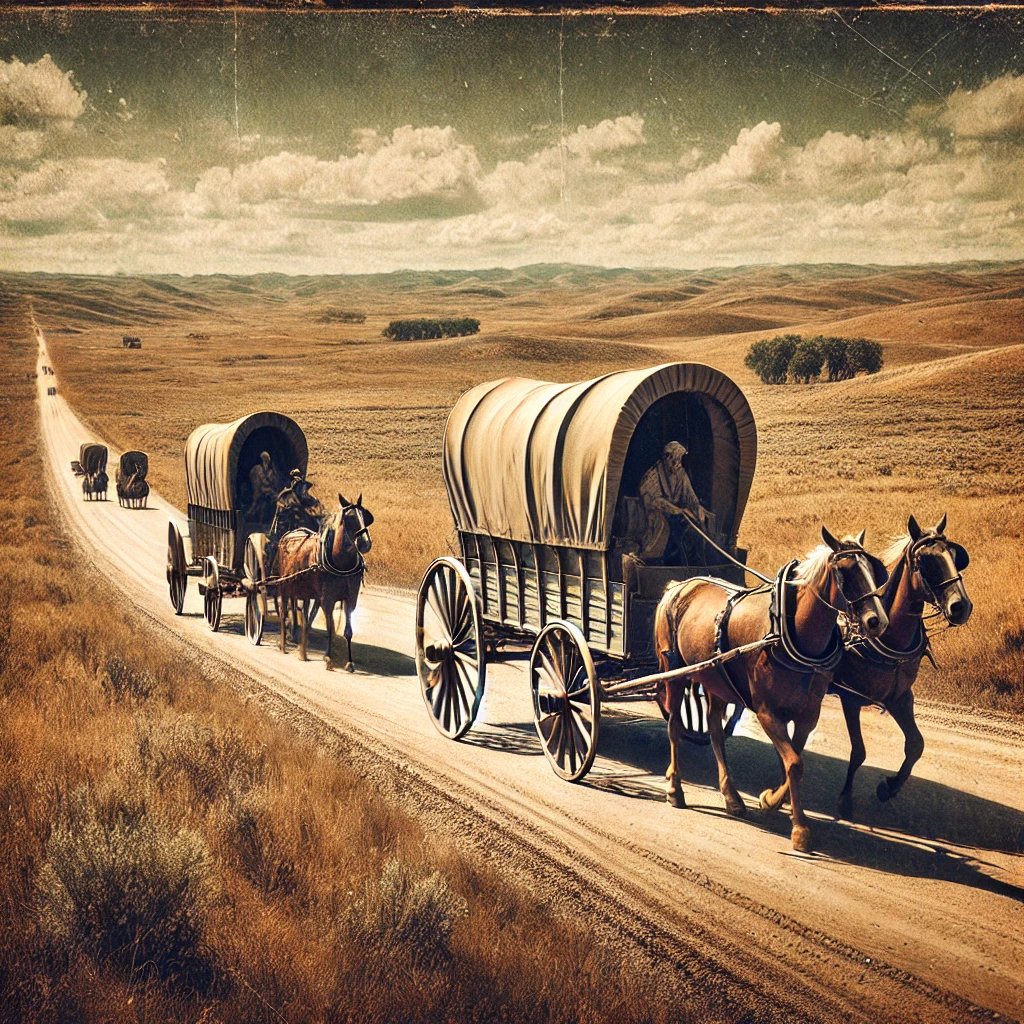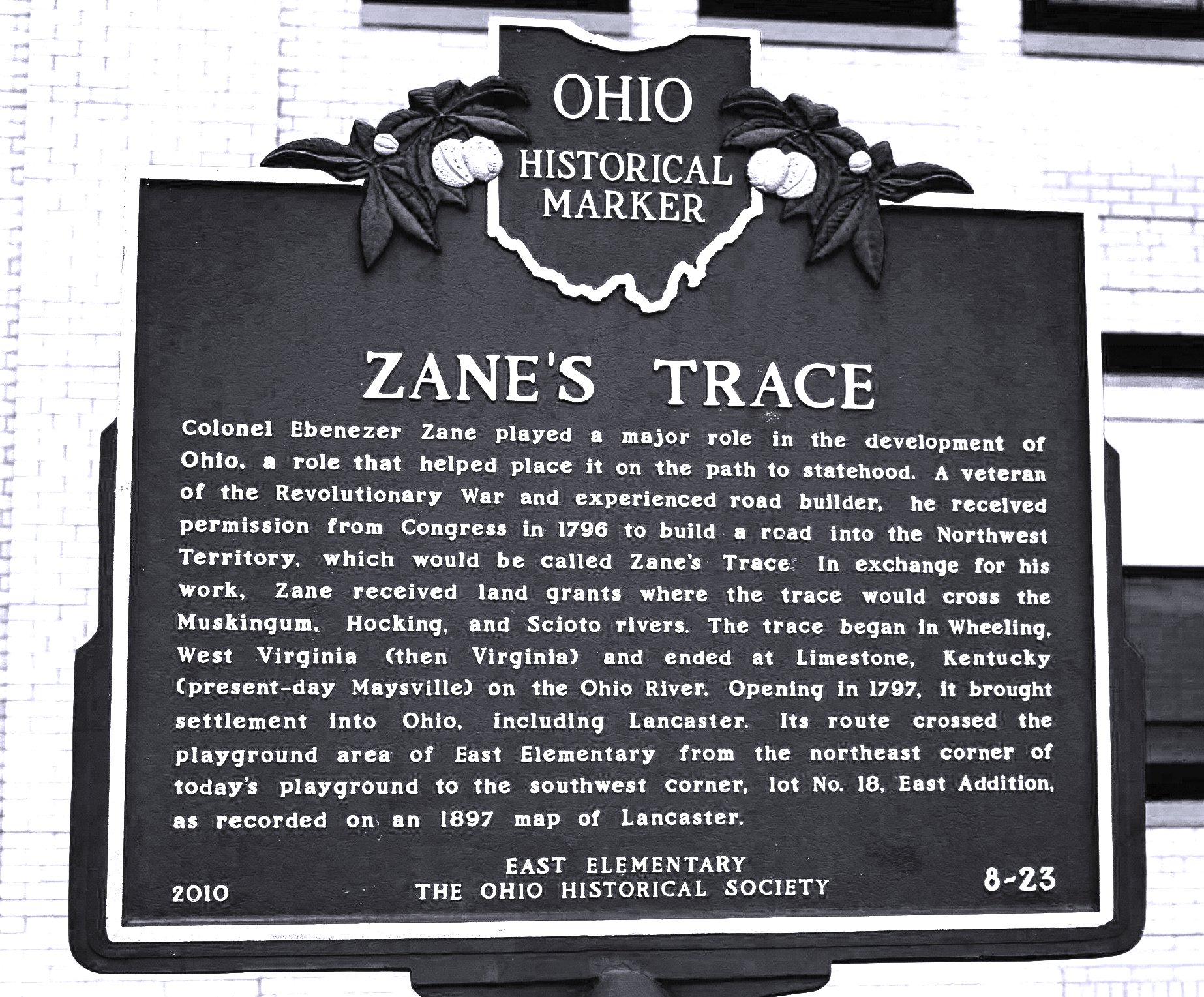
American Migration Routes
Despite often being no wider than eighteen inches due to the Indian practice of single-file travel, these trails served as highways for traders, migrating tribes, settlers, diplomatic missions, and messengers. They followed the path of least resistance, crossing the lowest points in mountainous terrain. In winter, routes were adapted for ice-bound rivers or streams, or for snowshoe travel, reflecting the adaptability and practicality of Native American travel patterns.

Wagon Road: Zane’s Trace
Zane's Trace was one of the first frontier roads in the United States, built under the supervision of Colonel Ebenezer Zane in the late 1700s. This road played a vital role in facilitating westward expansion and migration.

Mastering research: U.S. Census Records
Since 1790, the United States has conducted a Federal Population Census every ten years. Access to census data is restricted for 72 years after collection, so information from recent censuses isn't available beyond 1950. Researchers often start with the 1950 Census and trace back through earlier generations.

New church court records now available on ScotlandsPeople
The ScotlandsPeople website has added nearly 4,000 new volumes of Church of Scotland records, totaling approximately 290,000 digital images.
If you've reached this blog through a search engine, allow me to introduce myself:
I'm Susan, an essayist and narrative storytelling specialist dedicated to preserving authentic historical narratives and perspectives. My work as a historical researcher, archivist, and family history analyst is guided by the understanding that perspective fundamentally shapes our interpretation of history. Through rigorous research and compelling storytelling, I help uncover overlooked narratives that can transform our understanding of the past. I offer consultation services for projects requiring both accuracy and nuance, whether for personal family histories or broader historical accounts aimed at social betterment. Feel free to contact me to explore how alternative perspectives might reroute our understanding of your historical project.

